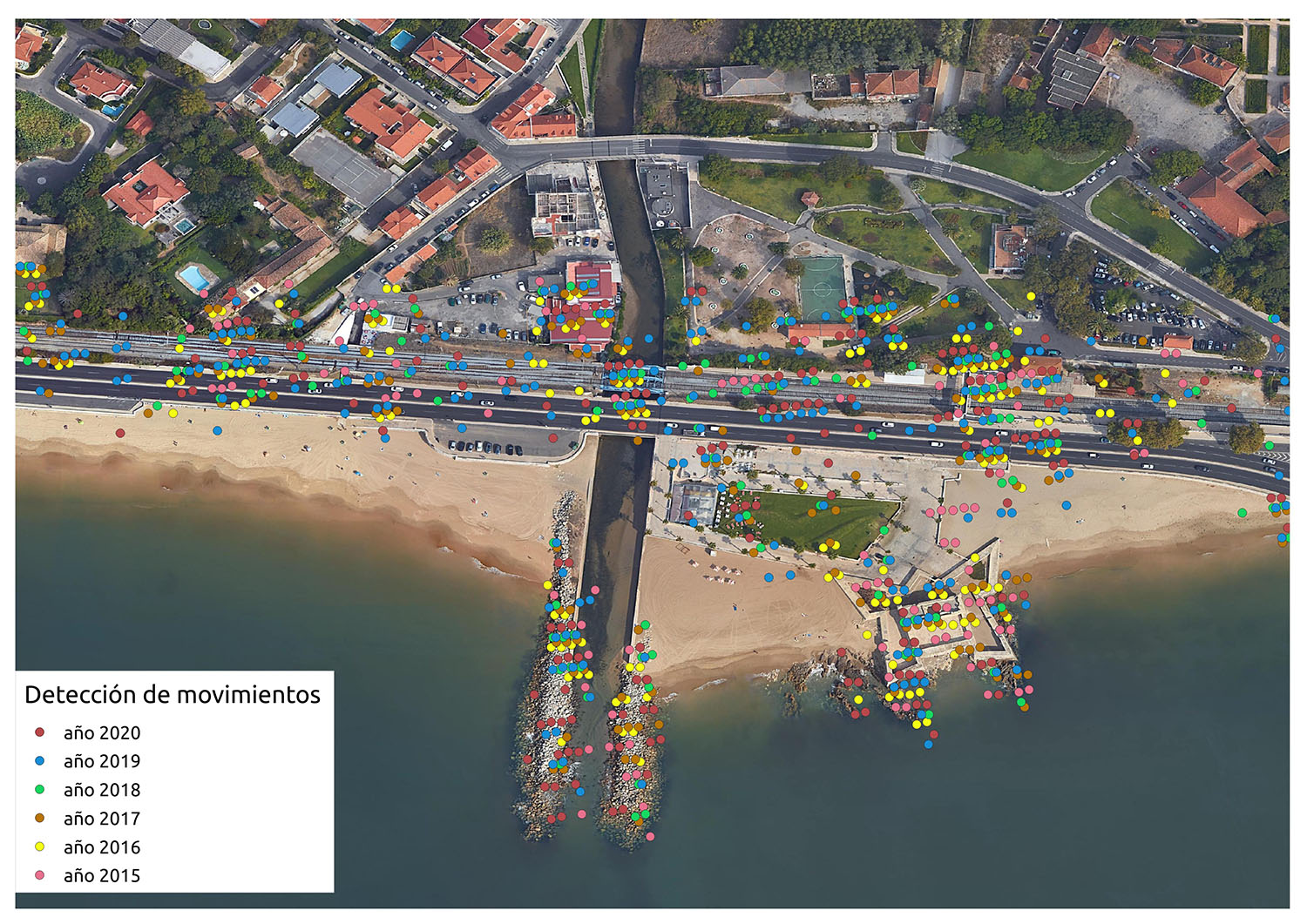Experts from various European countries discuss on how to reduce risk vulnerability to extreme events in the Atlantic Area
Around 40 experts from five countries (UK, Ireland, France, Portugal and Spain) are meeting this Tuesday at the headquarters of the School of Industrial Engineering to launch the first open workshop of the SIRMA project. SIRMA is a project funded by the European Union with about two million euros and whose main objective is the creation of a framework with capabilities to anticipate and mitigate the effects of extreme natural events, especially floods and forest fires, on major Atlantic transport infrastructure, including both roads and railways.

Monitoring critical infrastructure assets: the big challenge
Implementing a robust platform for the anticipation, management and mitigation of natural risks in the road and rail infrastructure networks of the Atlantic Area is the objective of the SIRMA – Strengthening Infrastructure Risk Management in the Atlantic Area – project. Started in April 2019, SIRMA aims at significantly improve the resilience of these infrastructures, in particular in face of the impacts related with climate change.
The group of researchers from the Applied Geotechnologies Research Group at University of Vigo led by Belén Riveiro and Joaquín Martínez , together with entities from the Portugal, United Kingdom, Ireland, France and Spain have two million euros from the INTERREG Atlantic Area programme to implement the SIRMA project, with completion scheduled for March 2022.
Transport infrastructures play an essential role for socio-economic development in Europe, since the majority of transport of people and goods in this area is carried out by rail and road. However, the performance of these infrastructures is directly affected by extreme natural events and the strong corrosion processes that result from the proximity to the Atlantic Ocean, subjecting these infrastructures to a multiplicity of risks.
Since natural hazards do not recognize borders, and given the great heterogeneity of the infrastructures in each country, there was a need to establish transnational cooperation and the creation of a common work structure for intervention and decision-making.
The researchers will use a systematic risk-based prevention and management methodology, developing a real-time process to monitor the condition of transport infrastructure. It is also intended to strengthen the interoperability of information systems in the Atlantic Area, taking into account the standardization of data and the specificities of each country. In this regard, it can be mentioned the southern European railroad rails which, in view of rising temperatures, will have more cases of dilation, therefore difficulties in maintenance and availability of the service, increasing direct and indirect costs. The railroad in Ireland, for example, has suffered many floods, threatening safety and bridge substructure. Also, the option for the construction of certain routes in the maritime proximity is a serious problem, due to the progressive rise in the level of the sea water.
The long-term results of this project will be to reduce the risk of extreme natural hazards in transport infrastructures, especially floods and fires. Previous projects on this topic focused on specific applications such as roads, railways, bridges, or tunnels, with limited efficiency, that is, not applicable to large-scale failures and not self-healing. Most importantly, they have not yet been tested under infrastructure monitoring systems, which will now be done.
Ten European partners coordinated by the University of Minho
The project has as academic partnership from the Universities of Minho, Dublin, Vigo, Nantes, Surrey and Birmingham. From the private sector, the partners involved are AZVI, S.A., Irish Rail and Infraestruturas de Portugal, SA.


